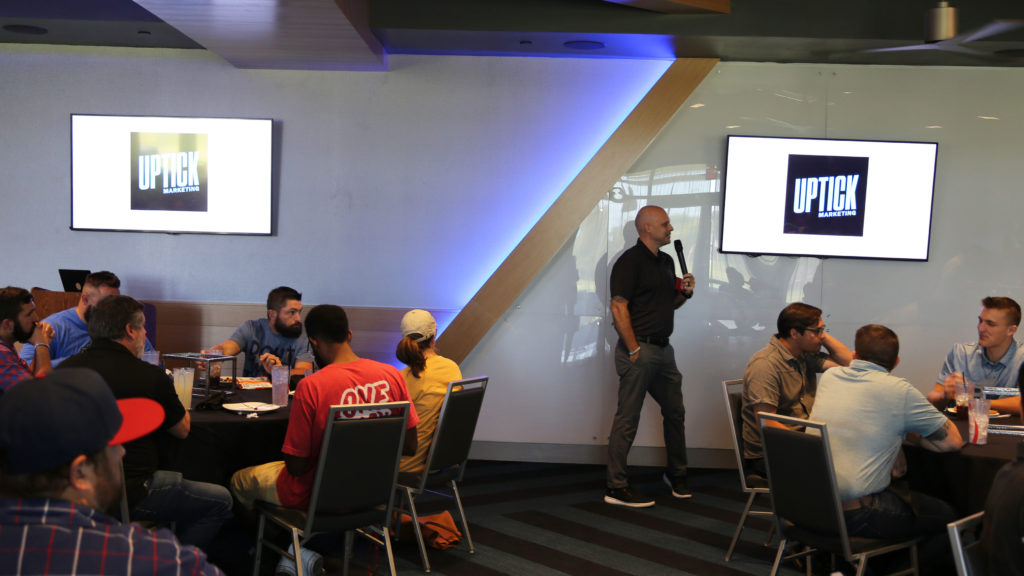Many families in the Dominican Republic face difficult challenges. Jobs are minimal, wages are poor, prostitution is legal and families are hungry. As a result, a family may surmise that their 13-year-old daughter is their way of survival.
A common scenario involves parents taking the girl to a resort area and telling her to “be nice to that man.” The girl’s introduction into a life of prostitution begins with the promise of money or a trip to America.
Where it begins
In these cases, human trafficking begins with the family. Other young girls are victimized after being released from orphanages or other government institutions.
The Lily House in Juan Dolio, Dominican Republic, helps rescue women and girls from human trafficking. The ministry is a haven for the trafficked, abused and vulnerable. At Lily House, women are provided with Christ-centered housing, counseling, education, job skills training and workforce experience, all in a healthy and safe environment.
Founded by missionary Erica Jude in 2009, Lily House began by bringing women off the streets and out of brothels. Many of the women already had children and wanted to protect them from a life of prostitution. Lily House provided day care for the children while their mothers were restored physically, emotionally, spiritually and financially.
In 2021 after the COVID-19 pandemic, the outreach changed. Orphanages, government facilities and others started contacting Lily House about taking young girls who had reached the age — about 16 — when they would be released from institutional care. Some of these girls had been abused or trafficked by their families and taken to government institutions, but upon aging out of the system few opportunities were available to them.
Teaching life skills
In the Dominican Republic, prostitution is illegal for underage girls but legal for adults. Without the help of Lily House, these girls would be turned out onto the street to whatever life they could find. Instead, Lily House cares for them and teaches them life skills, helping them become productive citizens who can live independently.
Job skills classes vary, but usually the girls start out making jewelry. Some are taught baking skills and others learn cosmetology. They all continue their education, and one will often help another with their homework and studies.
A store and on-site bakery provide places for the women to sell their work and make money for themselves and the ministry. The facility also has a center for skating, and church groups and schools rent it to have parties. This also helps support Lily House.
Near the end of their stay, girls at Lily House transition from the minor house to the transitional home where they are taught money management and other independent-living skills.
Lily House falls under the organization SCORE International, which is a gospel-centered ministry that partners with short-term missions teams. Learn more about Lily House at lilyhousemissions.org.






Share with others: